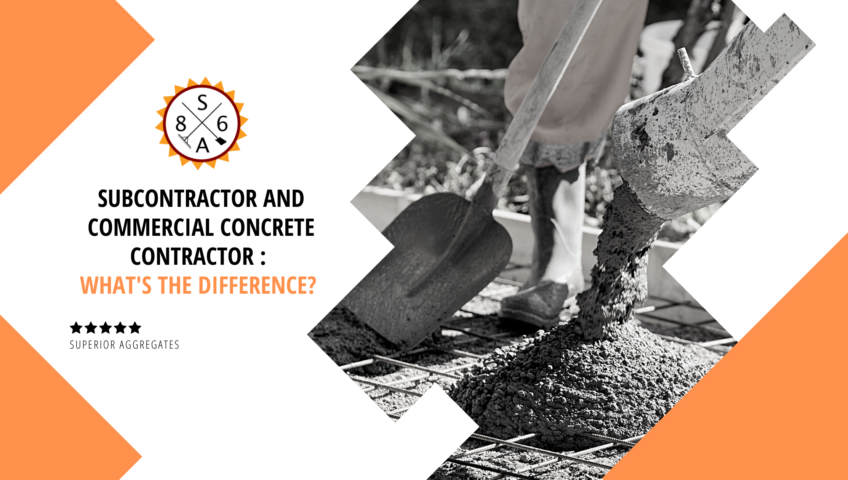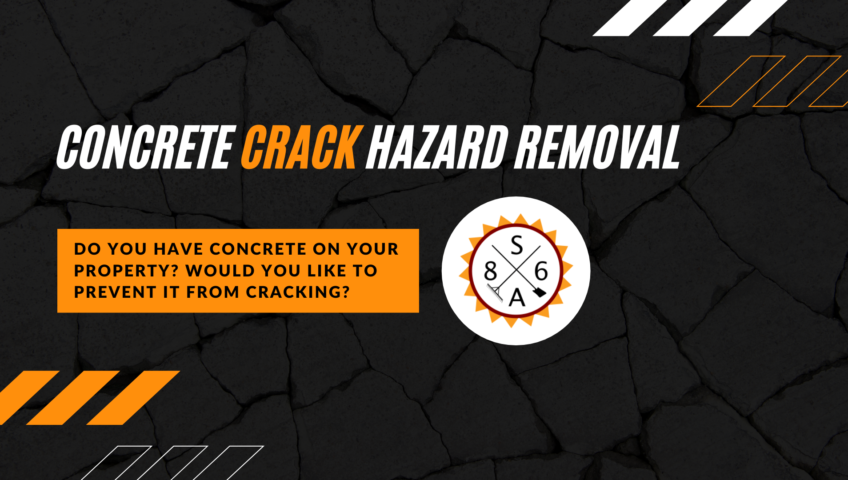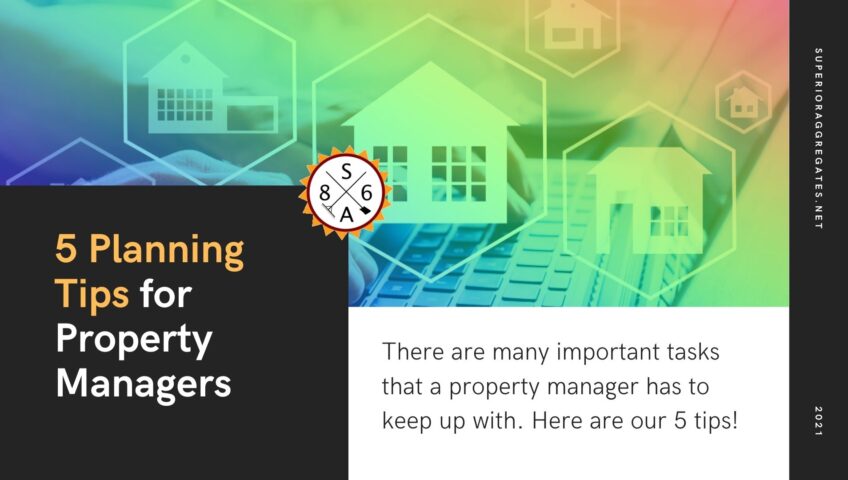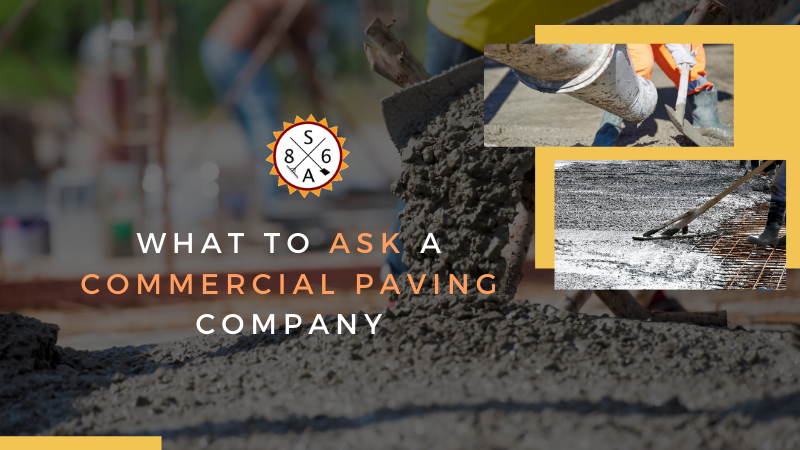
Subcontractor and Commercial Concrete Contractor : What’s the Difference?
If you are looking for someone who can help you with your upcoming concrete project, you have multiple options available. You might be considering working with a subcontractor or a commercial concrete contractor. What is the difference between these two options? What do you need to know? There are a few key points to keep in mind.
What Is a Subcontractor?
A subcontractor is a company or agent that has been hired by another contractor to help with a specific area of your project. For example, if you hire someone to help you build your house, then your home contractor might hire a subcontractor to handle the electrical work if he or she does not have experience in this area. A construction company might also hire a subcontractor to help with the driveway if he or she does not have someone on the team that can handle that job. The subcontractor reports to the original contractor, not you, if he or she has a question or payment concern. If the contractor hires subcontractors he or she is in charge of them, not you.
What Is a Commercial Concrete Contractor?
Another option is to hire commercial concrete companies. A commercial concrete contractor is someone who has specific training and experience to handle concrete needs as they relate to your project. If you want your project to be done correctly the first time around, then you should go with a commercial concrete contractor.
For example, a commercial concrete contractor will likely be up to date on the latest trends in his or her field. That way, he or she can follow all best practices to deliver the best outcome to you. In addition, if you hire a commercial concrete contractor, then that professional is going to be directly responsible and accountable to you instead of another contractor. This is the biggest difference between hiring a subcontractor and a commercial concrete contractor.
What Are the Top Benefits of Working with Commercial Concrete Companies?
If you decide to work with a commercial concrete contractor, there are a few main benefits that you are going to notice. These include:
- A commercial concrete contractor has the specialized training and experience required to make sure that your project goes well.
- A commercial concrete contractor will connections in the industry that he or she can use to make sure that you get the best price possible on all supplies.
- Commercial concrete companies will also know who else to talk to if you have concerns about other areas of your project.
- A commercial concrete company will provide you with an accurate estimate and make sure the project is done on time because he or she is accountable to you.
These are the top benefits of working with a commercial concrete contractor. You need to think about these benefits when you are deciding who to hire.
Work with a Professional Commercial Concrete Contractor
These are just a few of the many benefits of working with a commercial concrete contractor if you are looking for help with your concrete project. Make sure that you reach out to a professional commercial concrete contractor with any questions or concerns. If you work with an expert commercial concrete contractor, you will place your project in the best position to be successful.
If you are looking for someone who can help you with your upcoming concrete project, you have multiple options available. You might be considering working with a subcontractor or a commercial concrete contractor. What is the difference between these two options? What do you need to know? There are a few key points to keep in mind.
What Is a Subcontractor?
A subcontractor is a company or agent that has been hired by another contractor to help with a specific area of your project. For example, if you hire someone to help you build your house, then your home contractor might hire a subcontractor to handle the electrical work if he or she does not have experience in this area. A construction company might also hire a subcontractor to help with the driveway if he or she does not have someone on the team that can handle that job. The subcontractor reports to the original contractor, not you, if he or she has a question or payment concern. If the contractor hires subcontractors he or she is in charge of them, not you.
What Is a Commercial Concrete Contractor?
Another option is to hire commercial concrete companies. A commercial concrete contractor is someone who has specific training and experience to handle concrete needs as they relate to your project. If you want your project to be done correctly the first time around, then you should go with a commercial concrete contractor.
For example, a commercial concrete contractor will likely be up to date on the latest trends in his or her field. That way, he or she can follow all best practices to deliver the best outcome to you. In addition, if you hire a commercial concrete contractor, then that professional is going to be directly responsible and accountable to you instead of another contractor. This is the biggest difference between hiring a subcontractor and a commercial concrete contractor.
What Are the Top Benefits of Working with Commercial Concrete Companies?
If you decide to work with a commercial concrete contractor, there are a few main benefits that you are going to notice. These include:
- A commercial concrete contractor has the specialized training and experience required to make sure that your project goes well.
- A commercial concrete contractor will connections in the industry that he or she can use to make sure that you get the best price possible on all supplies.
- Commercial concrete companies will also know who else to talk to if you have concerns about other areas of your project.
- A commercial concrete company will provide you with an accurate estimate and make sure the project is done on time because he or she is accountable to you.
These are the top benefits of working with a commercial concrete contractor. You need to think about these benefits when you are deciding who to hire.
Work with a Professional Commercial Concrete Contractor
These are just a few of the many benefits of working with a commercial concrete contractor if you are looking for help with your concrete project. Make sure that you reach out to a professional commercial concrete contractor with any questions or concerns. If you work with an expert commercial concrete contractor, you will place your project in the best position to be successful.




